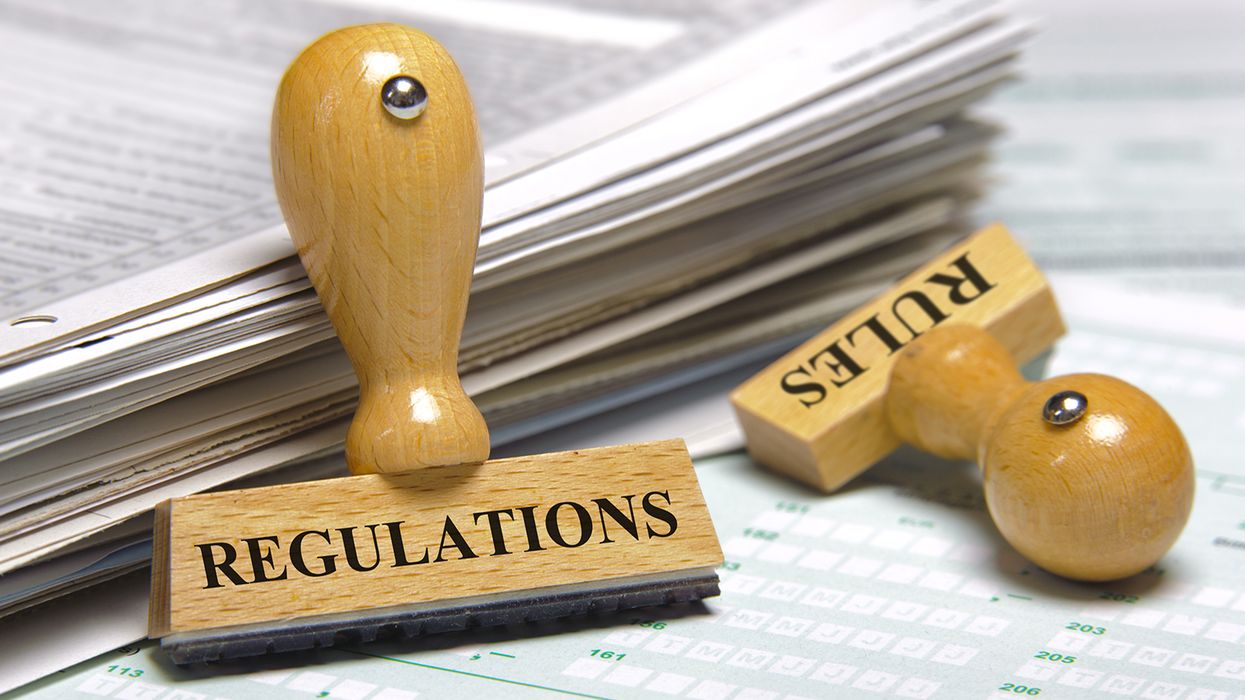New year, more leave? Don’t fall into the automatic certification trap!
It’s not unusual for an employee’s (or their family member’s) serious health condition under the federal Family and Medical Leave Act (FMLA) to last years. In such situations, employees usually take intermittent FMLA leave when needed.
To help figure out whether the leave qualifies for FMLA protections, employers may ask for a certification. Since employees may take up to 12 weeks’ worth of FMLA leave in a 12-month leave year period, when a new 12-month leave year begins, employers may ask for a new certification.
Employers should not, however, fall into the trap of asking for a new certification just because a new leave year begins. Employers should, instead, wait until employees ask for leave.
Many employers want to be proactive when they think employees will need FMLA leave in the new year. Therefore, the idea of asking for a new certification as early as possible seems logical.
What the WHD says about the FMLA certification process
The U.S. Department of Labor’s Wage and Hour Division (WHD), which enforces the FMLA, disagrees with that logic, and pointed out in a 2005 opinion letter, that:
“It is our opinion that an employer may reinitiate the medical certification process with the first absence in a new 12-month leave year.” (Our emphasis added.)
Pointing out the phrase “with the first absence” in italics, we want to show that those words have meaning. According to the WHD, employers should not take the beginning of a new leave year as a trigger to ask for a new certification.
The letter goes on to say that “This is the case despite the fact that the employer had requested recertification in the previous 12-month leave year.”
Therefore, for example, if the employer uses the calendar year method to track the 12-month leave year period, a new leave year begins January 1. If Joe Employee began taking FMLA leave in July and doesn’t ask for leave for the first time in the new year until February 3, the employer would wait to request a new certification at that time, not before.
The logic behind waiting to ask for a certification
Waiting to ask for a new certification when an employee first requests FMLA leave in a new leave year will give employers more current information about the condition and the needed leave.
A new certification begins the certification process, with all the employer rights intact, such as asking for second or third opinions. It would not be a recertification, but a new, initial certification.
Waiting for an employee to request leave in a new year might also prevent an employer from overtly speculating on an employee’s ongoing need for leave, which could help reduce potential discrimination risks.
Key to remember: Employers may ask for a new certification in a new 12-month leave year but are to wait until the employee actually asks for leave for the first time in that leave year.






















































